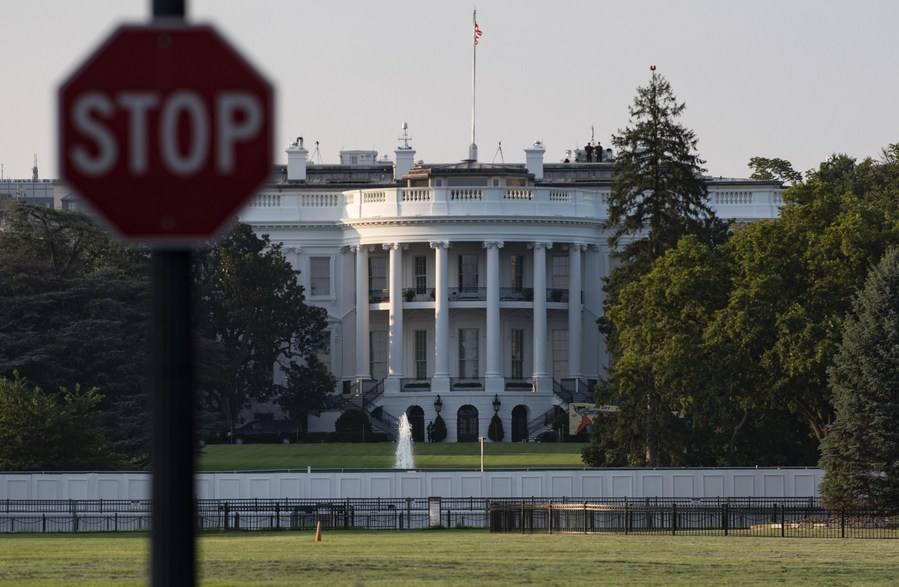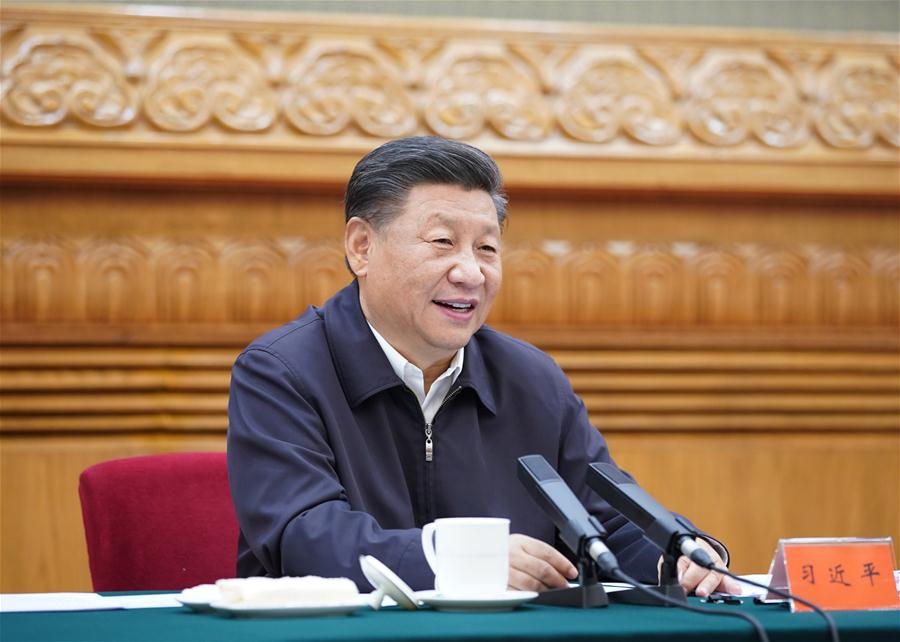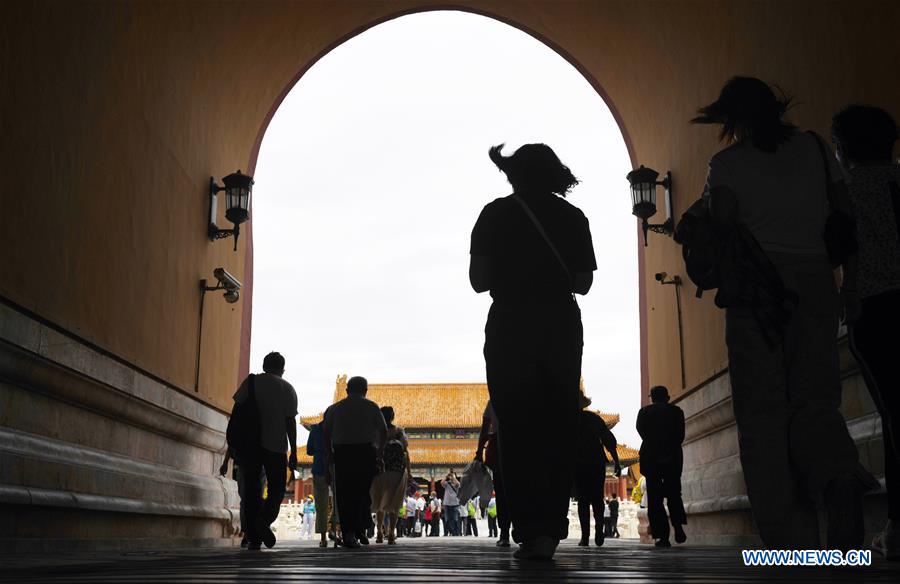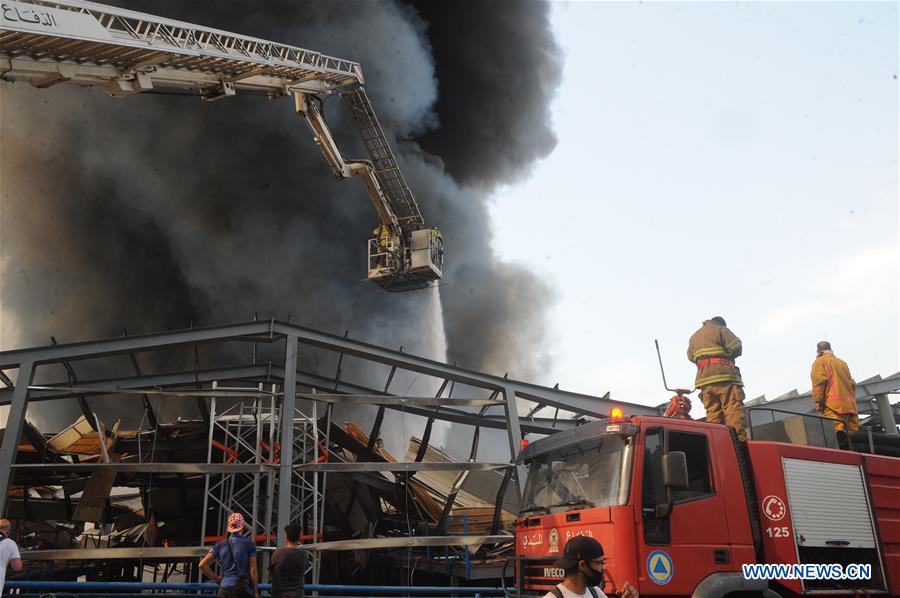-- Investigative journalist Bob Woodward's new book over U.S.'s response to COVID-19, titled "Rage", is due to be out next Tuesday.
-- The book showed that Trump admitted to downplaying the severity of the situation.
-- Voters' opinion on which candidate is more competent in handling the crisis will be a crucial determinant of the election.
WASHINGTON, Sept. 11 -- U.S. President Donald Trump's response to COVID-19 has been under heightened scrutiny after journalist Bob Woodward revealed that he deliberately misled the public on the severity of the pandemic.
Woodward, known for the historic uncovering of the Watergate scandal that led to the resignation of former President Richard Nixon, will have his new book "Rage" released next Tuesday.
Trump rushed to his defense shortly after news about the book came, holding press briefings for two consecutive days to denounce allegations that he knowingly lied to the American people about the lethality of COVID-19.
Yet, the president's indisputable effort to mislead the public has not only distorted the facts surrounding the virus and its global spread, but also made infections and deaths that could have been avoided inevitable.
"DEADLY STUFF"
"This is deadly stuff," Trump was quoted by Woodward in the book as saying on the phone with the Pulitzer Prize-winning journalist as early as Feb. 7 about the coronavirus, describing the virus as airborne, thus "more deadly than even your strenuous flus."
On Feb. 27, however, the president told a group of African American leaders at a White House meeting that the virus "is going to disappear. It's like a miracle." He repeated similar expressions publicly 33 times from the start of the outbreak to mid-August, according to a count by The Washington Post.
Woodward's book also showed that Trump admitted to downplaying the severity of the situation -- and vowed to continue doing so -- in order not to create national panic.
"I wanted to always play it down," the president told Woodward on March 19. "I still like playing it down, because I don't want to create a panic."

Photo taken on Aug. 10, 2020 shows the White House in Washington, D.C., the United States.(Xinhua/Liu Jie)
As furor over his deception heated to a boil, Trump convened a press briefing Wednesday at the White House to whitewash his error, claiming "I didn't lie."
Then on Thursday, the president reiterated to reporters his intention to calm the nation down. "The fact is, there has to be a calmness. You don't want me jumping up and down screaming there's going to be great death. There's going to ... really causing serious problems for the country," he said.
It is also worth noting that Woodward faces criticism for failing to release Trump's remarks right after he finished the altogether 18 interviews with the president in March.
David Boardman, dean of the Temple University journalism school, questioned in a tweet whether it is ethical from a journalistic point of view to "save juicy information for a book."
"I knew I could tell the second draft of history, and I knew I could tell it before the election," Woodward was quoted by The Washington Post as saying in an interview, adding that he needed extra time to verify the source and truthfulness of the information he was told by Trump.













